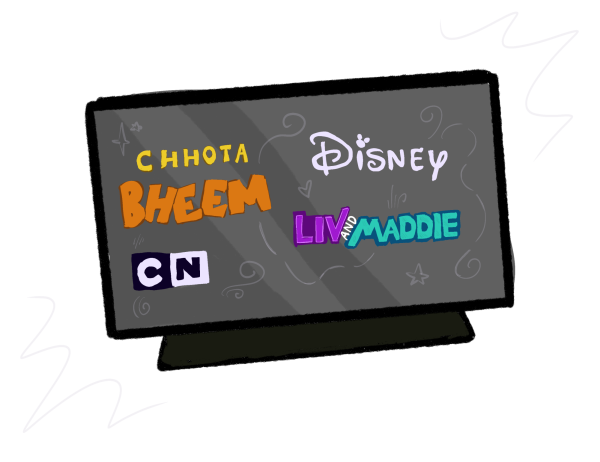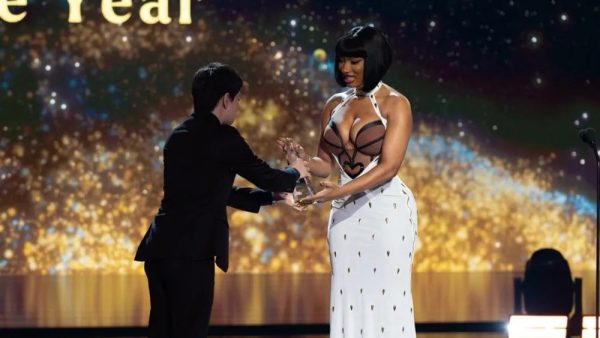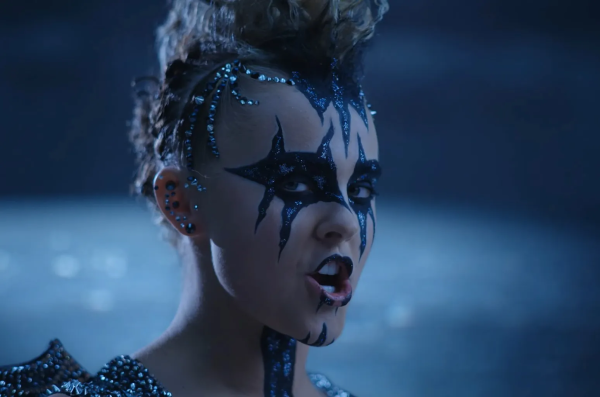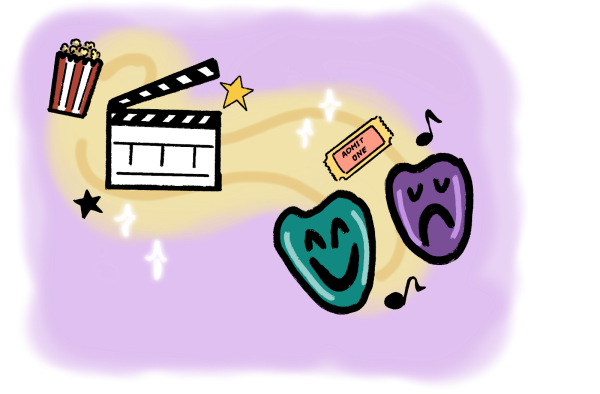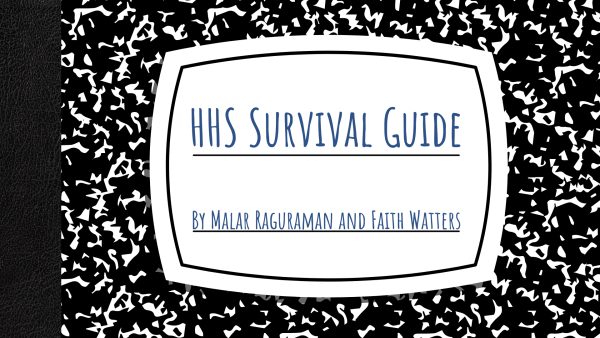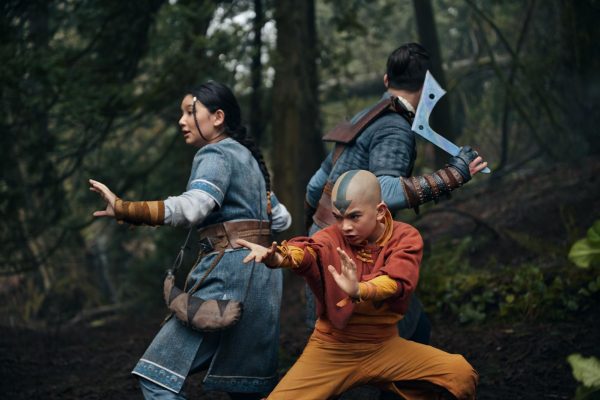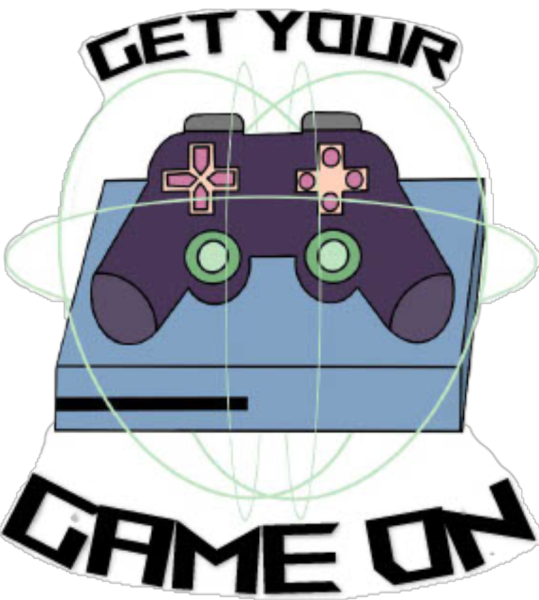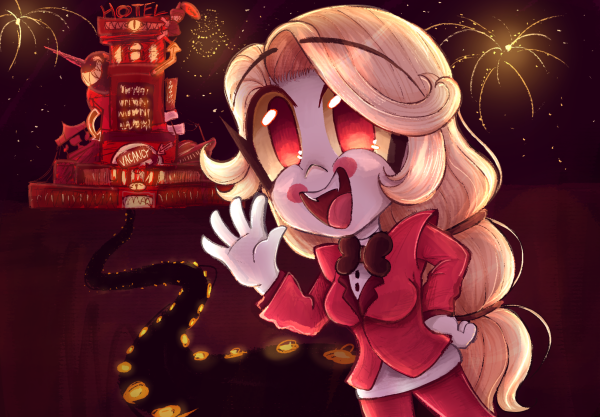Blue Banisters – simultaneously beautiful and boring
In her eighth studio album, “Blue Banisters,” singer-songwriter Lana Del Rey provides 15 songs filled with deep lyricism, stripped-back vocals and calm instrumentation, yet ultimately creates a boring album to anyone but the most dedicated Lana Del Rey fan.
The album starts off with the mediocre song, “Text Book.” While it picks up during the pre-chorus, it proves to be an underwhelming introduction to “Blue Banisters,” as the song never seems to pick up, and it overall provides a weak hook for the listener. The ballad focuses on Del Rey’s relationships, with mentions of the Black Lives Matter movement in a manner that can be best interpreted as random, and at worst be interpreted as another white “ally” being performative.
The album then shifts to the title track, “Blue Banisters,” filled with soft instrumentals and beautiful vocals.“Blue Banisters” fits its role as the title track of the album. This is because of the amazing lyricism that mentions a motif in Del Rey’s discography, as well as the peaceful, beautiful vocals and ethereal instrumentation.
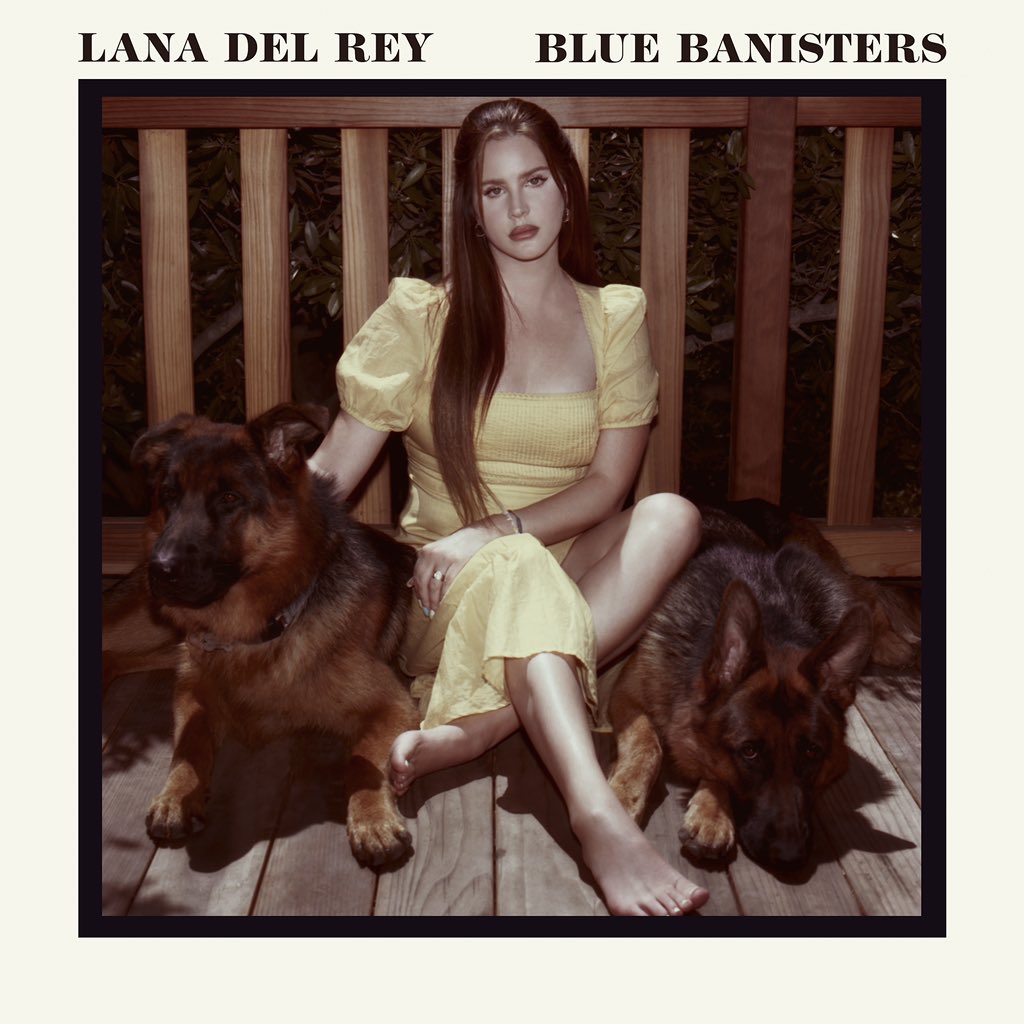
“Arcadia,” originally released as a single, becomes monotonous quickly, as the story of various aspects of Del Rey’s life, from heartbreak to controversy in the media, as easily tuned out by the repetitive and boring instrumentation and lyricism.
Track number four, “Interlude – The Trio,” highlights one of the main issues of “Blue Banisters” that is exemplified by songs such as this one and “Dealer” – its lack of cohesiveness and predictability. The interlude is a song void of lyrics, containing nothing but a trap beat that reminds me of a western film. “Dealer” features Del Rey screaming drunkenly lines such as, “I don’t want to live.” Both songs seem quite out of place when paired with the other thirteen songs on the album, pointing to its lack of what seems like a well-thought-out structure.
However, in contrast, “Beautiful” serves to be a noteworthy song on the album, with its slow instrumentation and rich vocals, most comparable to the song “Blue Banisters.” The piece is about turning sadness into happiness, utilizing the word “blue” frequently, which is a motif both in “Blue Banisters” and in Del Rey’s discography. The great message and warm lyrics make this song one of the best songs on the album.
A highlight of the album and one of my favorite songs is “Violets for Roses.” The song is about finally being able to love yourself after breaking up with a partner who is getting in the way of your dreams. Even though the song is based around the cliché ‘you have to love yourself before you can love others,’ it managed to convey the message in a way that felt impactful without being cringy. This message coupled with the fantastic vocals and instrumentation creates a great song.
Another feature of the album is “Wildflower Wildfire.” The best part of this track is the clever instrumentation at the end, where the music is distorted, almost like one is listening to the song in a room slowly being engulfed by the flames of a wildfire. The effect is very creative and helps immerse the lister into the music and its message.
The album closes with the ballad, “Sweet Carolina,” an enchanting song about Del Rey’s family. What makes the song beautiful is the chorus, which brought shivers across my skin the first time I listened to it. Although some of the lyrics can be jarring, overall the song proves to be a fantastic end to the album. Del Rey’s range is shown off in this song, as the magical high notes she hits take immense skill to perform as beautifully as she does.
Overall, “Blue Banisters” is a complex album. It features multiple stunning songs, with deep lyrics, gorgeous instrumentation and power vocals, while also being plagued by a lack of cohesion.
Joss is a senior who is in his second year on The Epitaph Staff. He is looking forward to writing about the HHS community, politics, and social justice...



